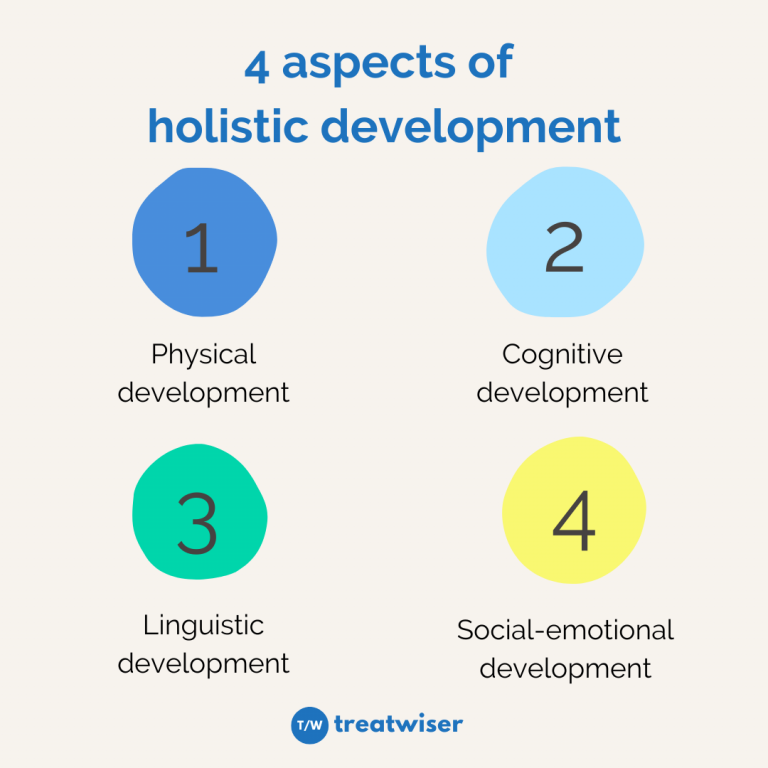Holistic Psychology: A Comprehensive Approach to Mental Well-being
FACT CHECKED ✅
Holistic psychology offers a comprehensive approach to mental well-being by addressing the mind, body, and spirit. This article explores the principles of holistic psychology, its benefits, and practical strategies for incorporating it into daily life. By understanding and embracing this integrative approach, individuals can achieve a balanced and fulfilling life.
 |
| Holistic psychology offers a comprehensive approach to mental well-being (📷: effectivechildtherapy) |
Understanding Holistic Psychology
Holistic psychology is an approach to mental health that considers the whole person, including their physical, emotional, social, and spiritual well-being. Unlike traditional psychology, which often focuses primarily on the mind, holistic psychology recognises the interconnectedness of all aspects of a person's life and seeks to address the root causes of psychological distress rather than just the symptoms.
Principles of Holistic Psychology
Holistic psychology is founded on several key principles:
1. Interconnectedness: Recognising that mind, body, and spirit are interconnected and that issues in one area can affect the others.
2. Individualised Care: Understanding that each person is unique and requires personalised approaches to treatment.
3. Integration of Therapies: Combining traditional psychological practices with complementary therapies such as nutrition, exercise, mindfulness, and spiritual practices.
4. Prevention and Wellness: Focusing on preventive measures and promoting overall wellness rather than merely treating illness.
 |
| (📷: treatwiser) |
Benefits of Holistic Psychology
Comprehensive Care: By addressing all aspects of a person's well-being, holistic psychology provides a more comprehensive approach to mental health care. This can lead to more effective and lasting improvements in mental health.
Enhanced Self-Awareness: Holistic psychology encourages individuals to explore and understand the various dimensions of their lives, leading to greater self-awareness and personal growth.
Improved Physical Health: Integrating physical health practices, such as nutrition and exercise, into psychological care can lead to better overall health and enhanced mental well-being.
Stress Reduction: Techniques such as mindfulness, meditation, and relaxation exercises are integral to holistic psychology and can significantly reduce stress and improve emotional resilience.
Practical Strategies for Implementation
Nutrition and Exercise: A balanced diet and regular physical activity are crucial for mental health. Nutritional counselling and personalised exercise plans can be integrated into holistic psychological care.
Therapeutic Techniques: Combining traditional therapies such as cognitive-behavioural therapy (CBT) with holistic practices like yoga, acupuncture, or art therapy can provide a more rounded approach to treatment.
Spiritual Practices: Encouraging individuals to explore their spirituality, whether through organised religion, personal reflection, or connection with nature, can foster a sense of purpose and meaning in life.
 |
| The Holistic Approach to Brain Health (📷: sageintegrativewellness) |
Building Strong Relationships: Fostering healthy relationships and strong social connections are essential components of holistic psychology. Supportive relationships can provide emotional support and enhance mental well-being.
 |
| Connection with nature, can foster a sense of purpose and meaning in life (📷: thymindoman) |
Holistic psychology offers a powerful and integrative approach to mental health, addressing the full spectrum of an individual's well-being. By embracing the principles and practices of holistic psychology, individuals can achieve greater balance, self-awareness, and overall mental health. This comprehensive approach not only treats psychological distress but also promotes lasting wellness and fulfilment. And remember, if you or someone you know is struggling or in crisis, help is available.
⭐⭐⭐
*AI assisted


